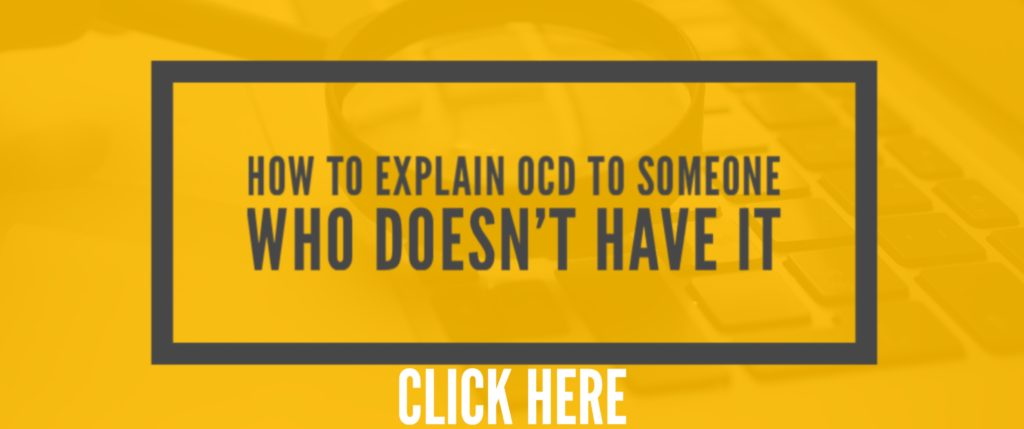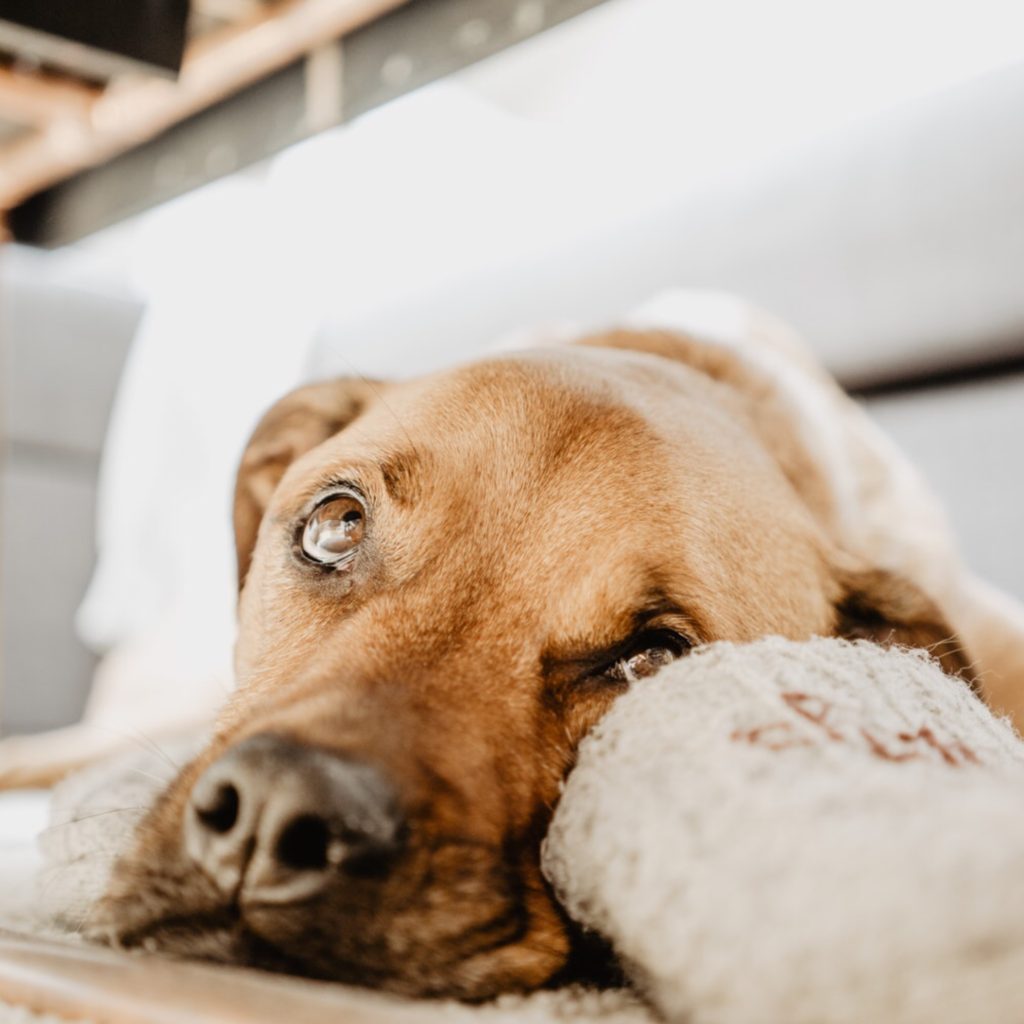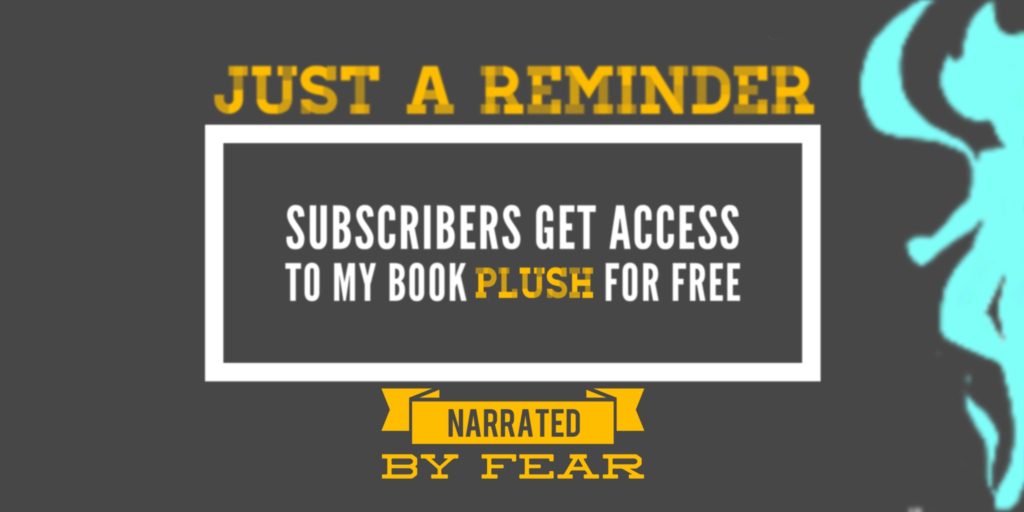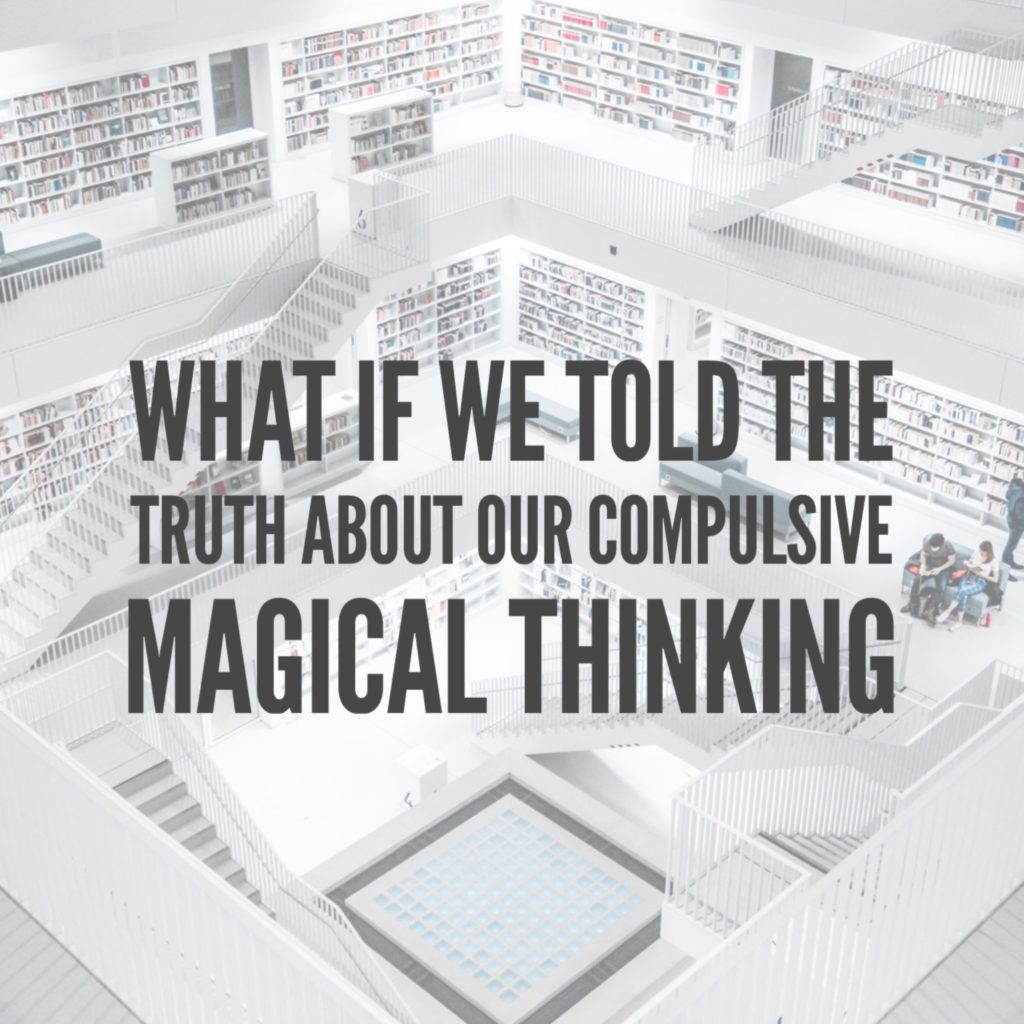Speaking for myself and probably tons of others suffering with any mental illness, a lot of the battle is hidden. Hiding this strange habitual self torture from possible peering eyes is what I do. A huge part of my OCD revolves around this magical thinking.

Magical Thinking:
There is a great description of magical thinking on peaceofmind.com. Where it is described as an illogical thought pattern characterized by the linking of unrelated actions or events. Individuals may become preoccupied with lucky or unlucky numbers, colors, words, actions, sayings or superstitions and link them to catastrophe or ‘bad things’ that might happen. The individual with ‘magical thinking’ OCD truly believes and lives by these rules and feared consequences, and may believe that the mere act of thinking certain things may result in the occurrence of a feared event.
You can find some of my spot on personal examples of this here:
My OCD Then And Now – OCD Woes – Hiding OCD From Others.
For now, let’s imagine we put our magical thinking out there in the open for all the world to see.

Imagine if we spoke our truths:
Let’s paint a hypothetical picture here. Your dear friend sees you out and about the town. Of course you spot them first because OCD puts us on alert for things we recognize. You have this thought, you act compulsively, they now have spotted you…
Buddy says “Hey [insert your name], whatcha doing there?”
You say “Oh, just determining the fate of your colon. You know, I’ve been meaning to call you all day to check on your appointment. Right as I saw you, I thought ‘hope all went well with your colonoscopy earlier, hope they didn’t find anything serious.’ But soon as I thought that, I then thought ‘shit, my thought is going to give him some debilitating colon issue where you’ll be medicated and need bed rest.’ So what I was doing when you saw me was retracing my steps when I had those thoughts, so that they don’t come true and your colon is perfect. I even put down, regrabbed, and placed back the bag of peas I held onto. Since it’s green, and reminds me of mold, I didn’t want mold up your butt.”
Now imagine they don’t find our magical thinking odd:
Buddy reacts sincerely saying “Wow, I really appreciate that. Whatever you did worked because 10 hours prior, when I had my exam, they said it all looks good up in there. Thanks for looking out for my butt hole. It means a lot.”
You then reply with “Absolutely. I’m also removing all green items in my shopping cart after we’re done here.”

Buddy comes back with “We still on for dinner at Applebee’s tonight right?”
Your reply could be like “Meh… probs not. My compulsions are draining, and hiding it from others is really exhausting. I’d probably be really anti-social if I couldn’t tame my OCD. I should probably just pass right now. Actually, yeah, by telling you this now, one less thing to obsess about then.”
In reality:
Buddy says “Hey [insert your name], whatcha doing there?”
You say “Heeyyyy! What? That? Oh nothing? How are you?” As you fumble over your compulsions and bag-o-peas.
Buddy starts to tell you how they are, throws out some important information and all you can think of is “Did they really see me doing my quirky stuff?”, “Did they think that was odd?”, “Do they now think I’m strange?”, “Are we even best buds anymore?”, “Were we ever really best buds to begin with or am I the only one who thinks that?”
All the self doubt creeps in, your mind is racing, your heart is racing, and now your OCD is in more control because we’ve fed it.
To ourselves:

Can we sit back for just a second and imagine this before we continue? This same scenario works in reverse as well. Which makes OCD so difficult.
What happens when we’ve kicked a few compulsions to the side? Eventually, one creeps back in that we allow and step aside for. What do we do then? How do we respond normally? “Ah… it’s ok, it’s just one.” Does anyone else, or is that just me who feels that way?
However, that ‘one’ is food for thought – Food for intrusive thought. That ‘one’ is a lie because it leads to another. Then it leads to another. We weren’t truthful when we gave in to that one compulsion. That is what makes recovery so difficult. Because our OCD doesn’t want us to tell the truth. Nor does it want to tell us the truth.

Free to subscribers
It helps if we can be more truthful about it. That go-to person you can turn to really helps, because they’ve taken the time to learn what this is you’re dealing with, and they want the best for you. That type of positivity rubs off on you. OCD doesn’t like positivity, and sometimes someone else feeding you that positivity helps you realize the truth.
The truth that we sometimes have so much difficulty realizing. That you can take back the control and begin/continue on with your recovery.
Let me know if you found this helpful. I am curious to hear your spin. Leave a comment or find me on Twitter @UghOCD or Instagram @brentleybigkid.
